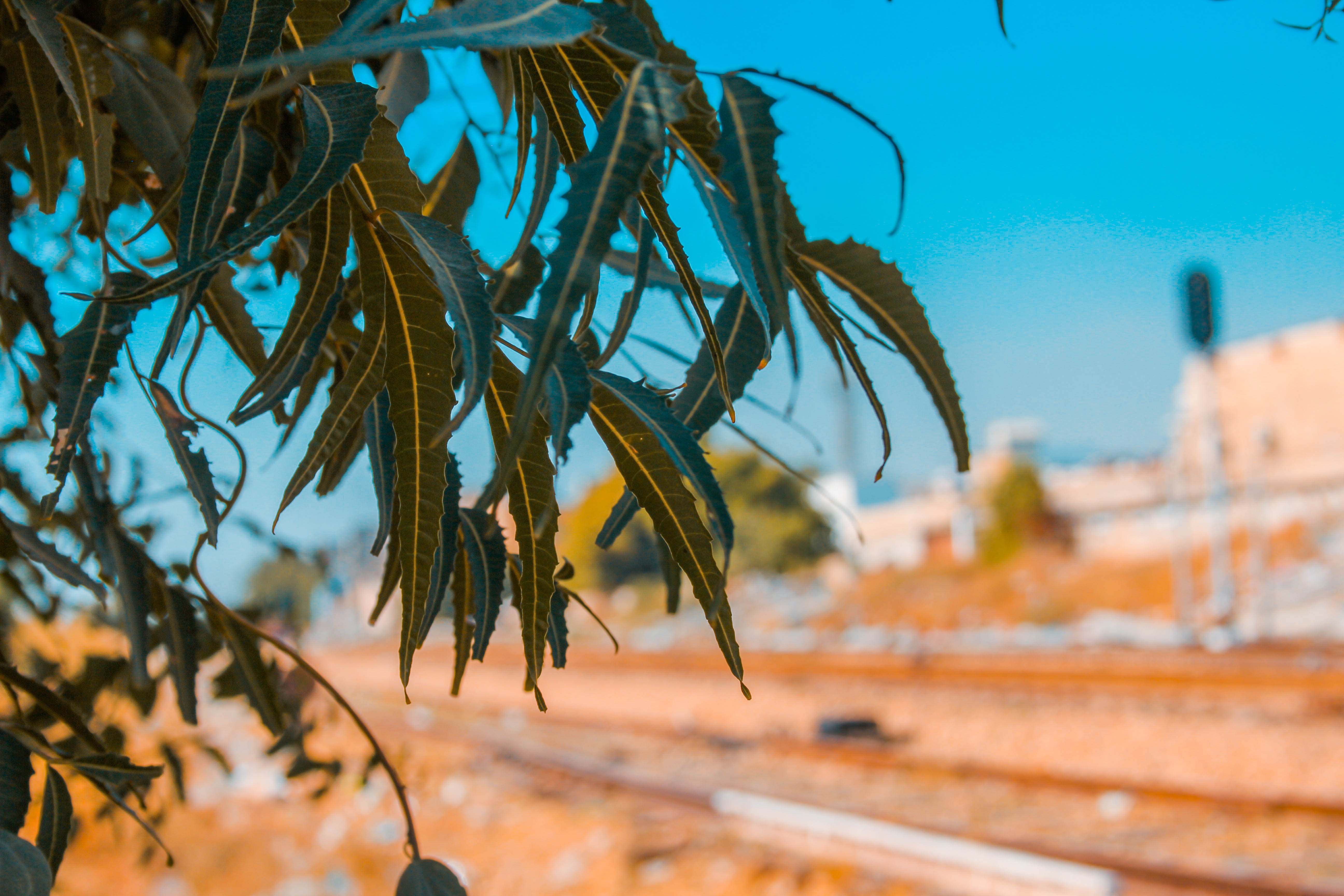During the heatwave season, temperatures in Pakistan regularly soar above 40 degrees celsius and past heatwaves in the country have been fatal. This year presented a particularly difficult challenge, as the heatwave season coincided with both the COVID-19 pandemic and the holy month of Ramadan. History has shown that responding early or in advance of this cyclical disaster can be life-saving for Pakistan’s most vulnerable families and communities who face compounding risks.
In order to provide a faster, more localised and proactive response, Start Network developed a predictive model with pre-agreed triggers, which would release pre-positioned funding when the trigger was met. Members in Pakistan then collectively identified which agencies and partners would be best placed to deliver early action should this occur and also agreed a regional division of the pre-allocated £100,000 to ensure that funding was distributed according to the population size and vulnerability of the four regions—Karachi, Sibi, Larkana and Multan—under consideration in the model.
Welthungerhilfe (WHH), in collaboration with National and Provincial Disaster Management Authorities, is hosting the Disaster Risk Financing (DRF) project in Pakistan. It covers four of the most vulnerable areas/regions, which were monitored daily during the 2020 season. In Karachi, forecasts were being monitored across Jinnah International Airport, Port Qasim and Hawskbay. To trigger, temperatures needed to be above 42 degrees celsius for two consecutive days and the lowest temperature of those days should be above 30 degrees celsius. This was in line with the emergency thresholds set by the Karachi city commissioner.
On 20 May, the heatwave model predicted that a heatwave would hit Port Qasim on 26-27 May. This triggered the release of £36,000 to Action Against Hunger (ACF) and HANDS who had been pre-selected to roll out preventative, mitigating and response activities in the Karachi area. Since its activation, HANDS have implemented awareness-raising campaigns around heatwaves, including the identification and treatment of heatstroke, through printed messaging, SMS, radio, and social media. They also used it as an opportunity to inform communities on ways to stay safe during COVID-19. These activities continued throughout the high-risk period and the remainder of the heatwave season, which ended at the end of June in Karachi.
This is the first time the Start Network has released pre-positioned funding in accordance with a in-house built predictive model with pre-agreed triggers.
“We are proud to be hosting the Disaster Risk Financing initiative in Pakistan. Heatwaves was the first hazard we modelled, predicted, and acted early on. We can already see and demonstrate the value of acting early, with low regrets activities, in advance of predictable yet deadly cyclical events such as heatwaves. The plan now is to build on this experience and scale it—both to other regions in Pakistan affected by heatwaves, as well as to other hazards such as drought and flood, which come next in the seasonal calendar.” - Aisha Jamshed, WHH Country Director Pakistan.
Lucretia Puentes, Head of Crisis Anticipation and Disaster Risk Financing (interim) adds a global outlook:
“The strength of being a network is that we are able to share experiences and build best practice across countries, organisations and hazards. The ground-breaking experience in Pakistan will now allow other members in other countries to understand and quantify the risks that they face, develop contextualized contingency plans, and pre-position funds for when they are needed in their own countries."
Read more about Start Network’s Disaster Risk Financing initiative

